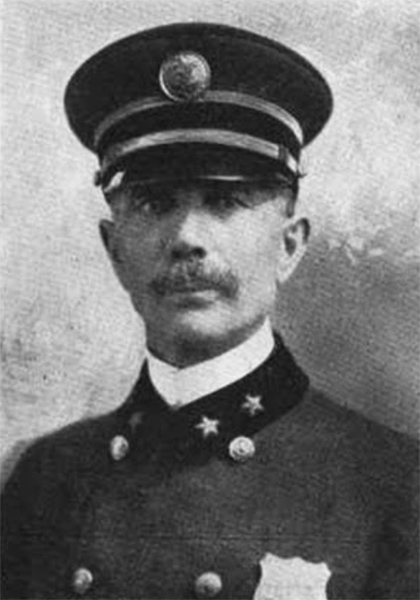April 18, 1913: Eloping Italian couple’s plans foiled by interloping Italian cop
On this day in Duluth in 1913, Duluth police foiled a plot by 22-year-old Felix Cacciola and 14-year-old Angeline Stefani of Ironwood, Michigan, to get married without the consent of the bride’s mother. Cacciola, who came to the U.S. from Italy three years earlier, was living in an Ironwood boarding house operated and shared by Angeline’s parents, and according to the Duluth News Tribune, had fallen in love with her. She agreed to marry him, and her father approved—but her mother, well, not so much. So Felix and Angela struck off to Duluth to get married, and once there checked into the Miller hotel. But Ironwood police had tipped off Duluth’s finest, who had the young lovers in custody two hours later. Mrs. Stefani wanted to charge Cacciola with white slavery, and that’s when police captain Anthony Fiskett stepped in. Fiskett, born Antonio Gaetano Fischetti, had changed his name in order to join the Duluth Police Department; at the time, Italians—especially Southern Italians like Fischetti—held the bottom rung of society’s ladder as far as immigrants were concerned. His beat stretched from the western end of downtown to Rice’s Point, including much of Duluth’s Little Italy—his language skills often helped resolve situations that arose from cultural misunderstandings. Fiskett translated that Cacciola had told him “I love her and want to marry her right away.” The newspaper reported that Angeline had answered exactly as Cacciola had. Fiskett assured local officials that this was a case of true love, telling them the couple would be returned to Ironwood the next day and was also hopeful that the couple would indeed marry.

Anthony Fiskett. (Image: Zenith City Press)









